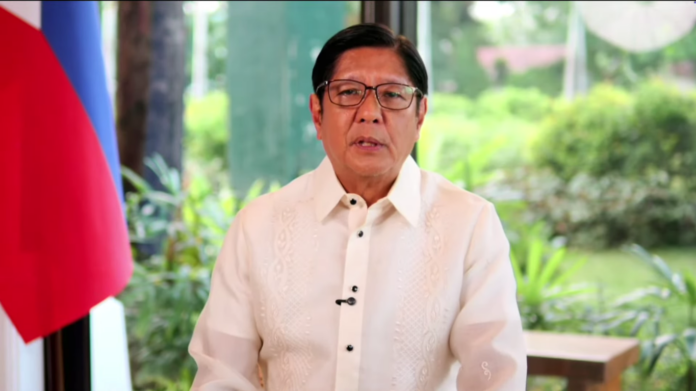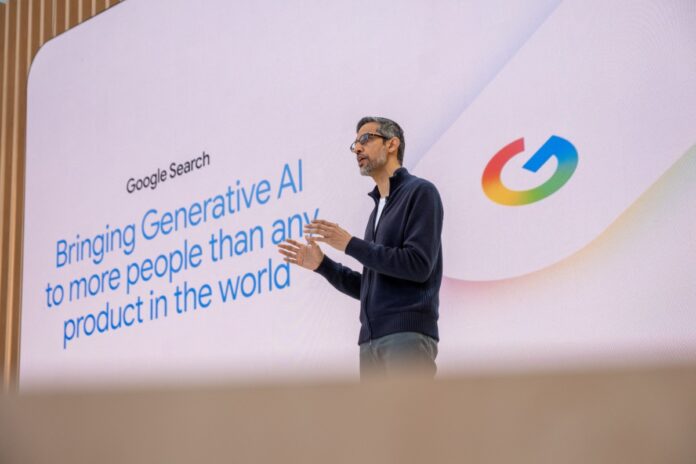President Ferdinand Marcos Jr. hailed the 78th World Health Assembly (WHA), calling it a key force in transforming multilateral cooperation in global health.
“As a country that stands alongside the pathfinders and bridge-builders of nations, we attach great importance to our abiding commitment to promote and protect the health and well-being of the human family,” he said in a video statement.
The President described the Philippines’ election to the WHA presidency as both an honor and a symbol of the Filipino people’s commitment to global health solidarity.
“We dedicate the nomination to all the health workers, including the many Filipino health and care workers around the world, to the unsung heroes of the post-pandemic recovery, and we pay a special tribute to the sectors who struggle every day to access healthcare,” Mr. Marcos added.
During his speech at the high-level segment of the WHA78, the President emphasized multilateralism as the only viable platform to confront crises and provide hope to humanity.
He also pledged that Philippine leadership in global health governance would reflect the alignment of national policies with international solutions.
Since 2023, the Philippines has held leadership roles in several global health bodies, including the Stop TB Partnership Board, the Pandemic Fund Governing Board, the UN Health4Life Fund Steering Committee and the UNAIDS Programme Coordinating Board.
Mr. Marcos noted that the Philippines had also recently hosted the Philippine Pacific Health Initiative and the 7th Global Ministerial Summit. “We look forward with anticipation to the Filipino hosting of the ASEAN Health Cluster meetings,” he said.
Mr. Marcos highlighted the significance of the World Health Organization (WHO) Western Pacific Regional Office being based in Manila for the past 74 years.
As a founding member of the WHO, the Philippines has long prioritized public health and equity, he said.
Mr. Marcos also praised progress on the Pandemic Agreement, calling it a step toward fairness in pandemic prevention and response, and urged nations to act together to end inequities in healthcare and create a future built on solidarity.
The Pandemic Agreement is a proposed international accord aimed at strengthening global collaboration on pandemic preparedness, ensuring equitable access to resources, and addressing gaps in response systems that were exposed during the COVID-19 crisis.
“The WHO family has come a long way with the Pandemic Agreement, which aims to operationalize equity and pandemic prevention, preparedness, and response. It is also poised to be adopted by this pivotal health assembly,” he said.
Meanwhile, in a key WHA side event led by the Philippines, Health Secretary Ted Herbosa called for stronger international support for health workers.
He urged countries, donors, and private sectors to improve training, ensure fair compensation, and adopt ethical recruitment practices.
Herbosa also advocated the use of technology to expand and modernize workforce training.
He warned of a projected shortage of over 11 million health workers by 2030, with low- and middle-income countries most at risk.
The discussion followed a Philippine-led resolution aimed at strengthening the global health and care workforce by 2030.









